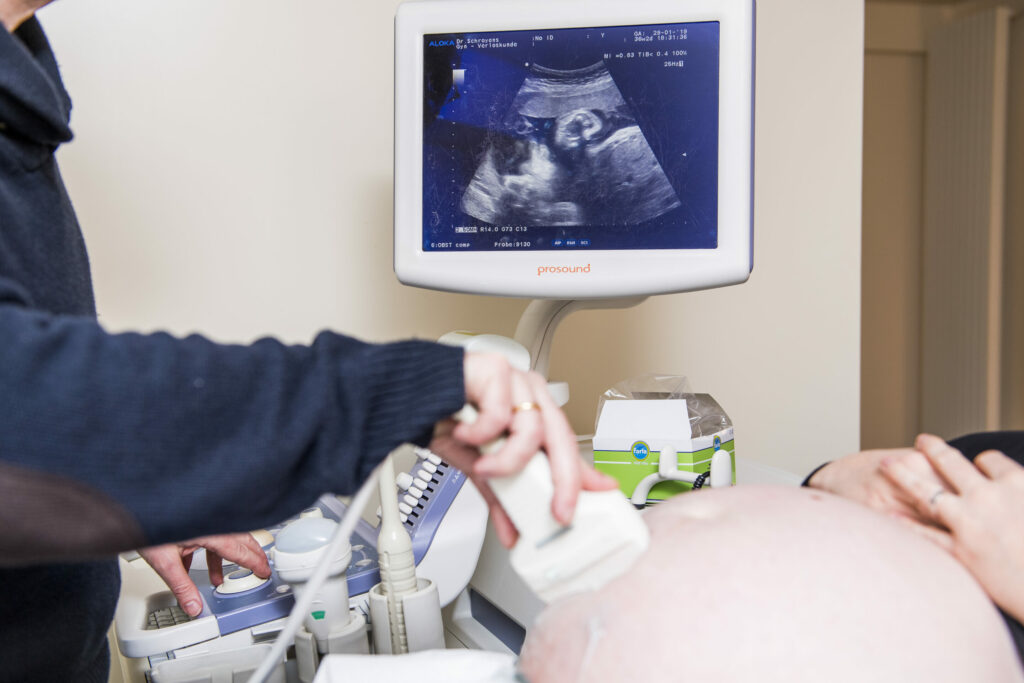In-vitro fertilisation (IVF) success rates vary enormously across Belgium's 18 IVF clinics, leaving patients frustrated by the lack of information about their chances of becoming pregnant.
Every year, thousands of Belgians attempt to conceive children through IVF, with up to 40,000 attempts last year alone. However, only one in three women conceive successfully through this process on their first attempt.
The most recent College for Reproductive Medicine (CRG) report indicates that success rates across Belgium's 18 IVF clinics vary enormously. Success rates in each centre are calculated based on the likelihood of conception per embryo during the first round of treatment for women aged under 36. In some centres, over 70% of cases in this category were successful, but in others, the figure is as low as 50%.
The chance of twins also varies widely between centres – for instance, this was the outcome in almost 15% of cases at Grand Hôpital De Charleroi compared to a national average of 5.3%.
These disparities suggest differing approaches to IVF using more than one embryo at a time, with some centres replacing multiple at the same time despite several medical opinions advising against this routine.
Head of the Fertility Centre at University Hospital Antwerp Diane De Neubourg told De Morgen that high twin rates "suggest two embryos are often replaced, which we try to minimise due to heightened health risks associated with twin pregnancies."
Affecting choice
Several health professionals have expressed concern about the disparity between figures even in the context of Belgium's relatively high standard of fertility care.
President of the Belgian Society for Reproductive Medicine (BSRM) Willem Verpoest is calling for an investigation into underperforming centres.
Health experts are concerned that prospective IVF clients will use the CRG report to inform their choice of centre, but CRG President Dominic Stoop advises against this, explaining that data is not sufficiently reliable for this purpose. In addition, figures from smaller centres with fewer patients are prone to fluctuate more.
The BSRM is currently developing a new quality measurement tool, which Verpoest says will be overseen by an independent organisation.
Lack of data
In addition, individuals who have availed of IVF treatment complain of a system that often makes information inaccessible due to a lack of available data.
"As a patient, you have little to rely on, and that is a shame," Marijke Merckx, chairperson of patient association De Verdwaalde Ooievaar. "We have been asking for more transparency for some time."
In any case, IVF is typically a highly stressful process for patients, and women attempting to fall pregnant this way often experience a range of unpleasant side effects such as nausea, fatigue and abdominal pain.
"The mental impact of an IVF process is enormous," one patient, Hazal Erkol, said. "As a patient, you want the best care, but it is difficult to find objective data. This causes a lot of stress on top of an already draining procedure."

